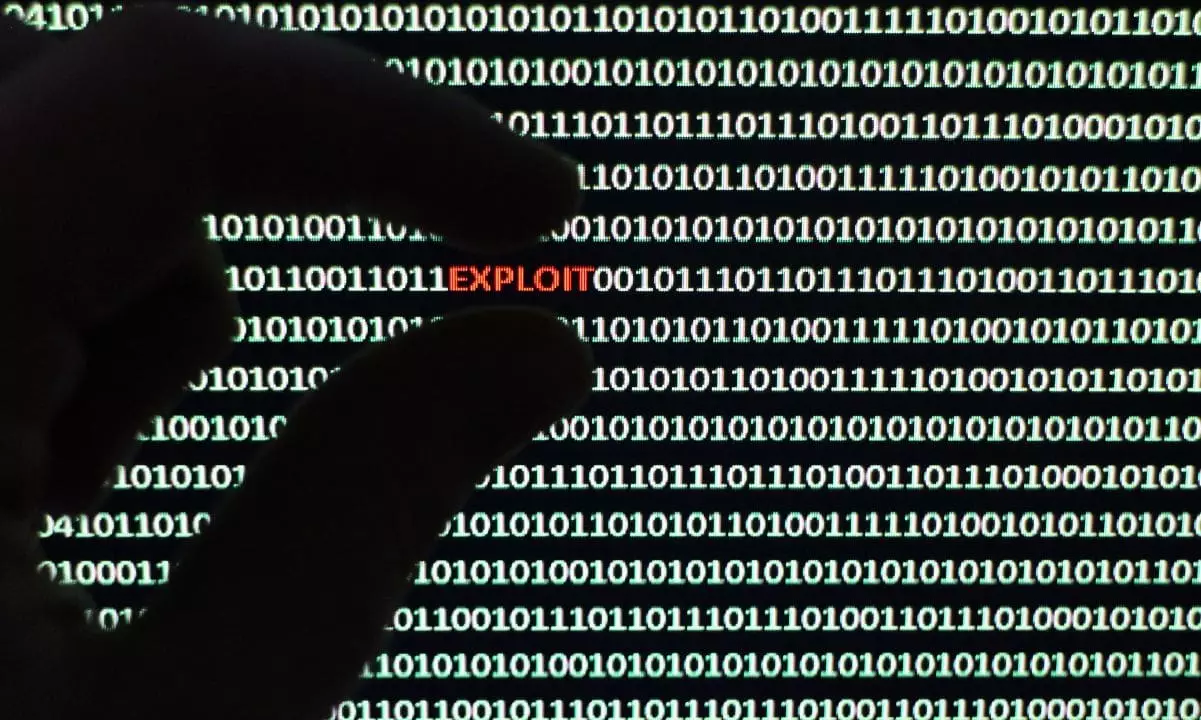On December 1, 2023, at approximately 4 AM UTC, Clipper, a decentralized exchange (DEX), experienced a significant security incident that compromised its liquidity pools on the Optimism and Base networks. Initial analyses by security experts suggested that this exploit stemmed from a private key leak, allowing unauthorized transactions. However, Clipper has refuted this claim, maintaining that their security architecture is specifically designed to mitigate such vulnerabilities. This incident highlights the ongoing risks and complexities in the decentralized finance (DeFi) sector, emphasizing both the need for robust security measures and transparent communication from platforms.
Impact on Clipper and Its Users
The attack inflicted substantial financial damage on Clipper, resulting in an estimated loss of around $450,000, which constitutes roughly 6% of the total value locked (TVL) within its system. While the attacker attempted to infiltrate other blockchain networks, these efforts were thwarted, sparing additional pools from further compromise. In response to this breach, Clipper has implemented temporary measures to pause swaps and deposits to protect users while allowing withdrawals to continue. This reflects the DEX’s non-custodial approach, affording users control over their funds even in times of distress.
In the wake of the attack, Clipper’s team has committed to an extensive investigation alongside security experts to deduce the intricacies of the exploit and to enhance existing safeguards. The platform emphasized clarity in communication, appealing directly to the attacker in hopes of recovering lost funds. Such open outreach not only demonstrates Clipper’s transparency but also its willingness to engage with the community and potential adversaries alike. The proactive stance taken by Clipper, along with their assurance of investigating the breach rigorously, indicates a shift toward a culture of responsibility and accountability in the DeFi ecosystem.
This incident serves as a stark reminder of inherent vulnerabilities within DeFi platforms, underscoring the importance of ongoing vigilance in security protocols. Findings from Immunefi’s November report indicates that hacks were responsible for an alarming 99.96% of crypto losses during that month, with the DeFi sector alone suffering losses amounting to $71 million. In stark contrast, instances of fraud and rug pulls have decreased significantly. This data suggests a worrying trend where hackers increasingly target smart contracts and liquidity pools, while other fraudulent activities decline due to increased scrutiny in the ecosystem.
As the DeFi landscape continues to mature, incidents like the one at Clipper DEX highlight the urgent need for improved security measures and practices. Increased collaboration between platforms and cybersecurity experts, enhanced transparency in communications, and rigorous audits of smart contracts can help to fortify defenses against future attacks. In a sector where innovation rapidly evolves, prioritizing user security remains paramount to maintaining trust and encouraging broader adoption of decentralized financial solutions. As Clipper continues to engage with its community and recover from this breach, all eyes will be on their strategies to prevent similar occurrences in the future.

